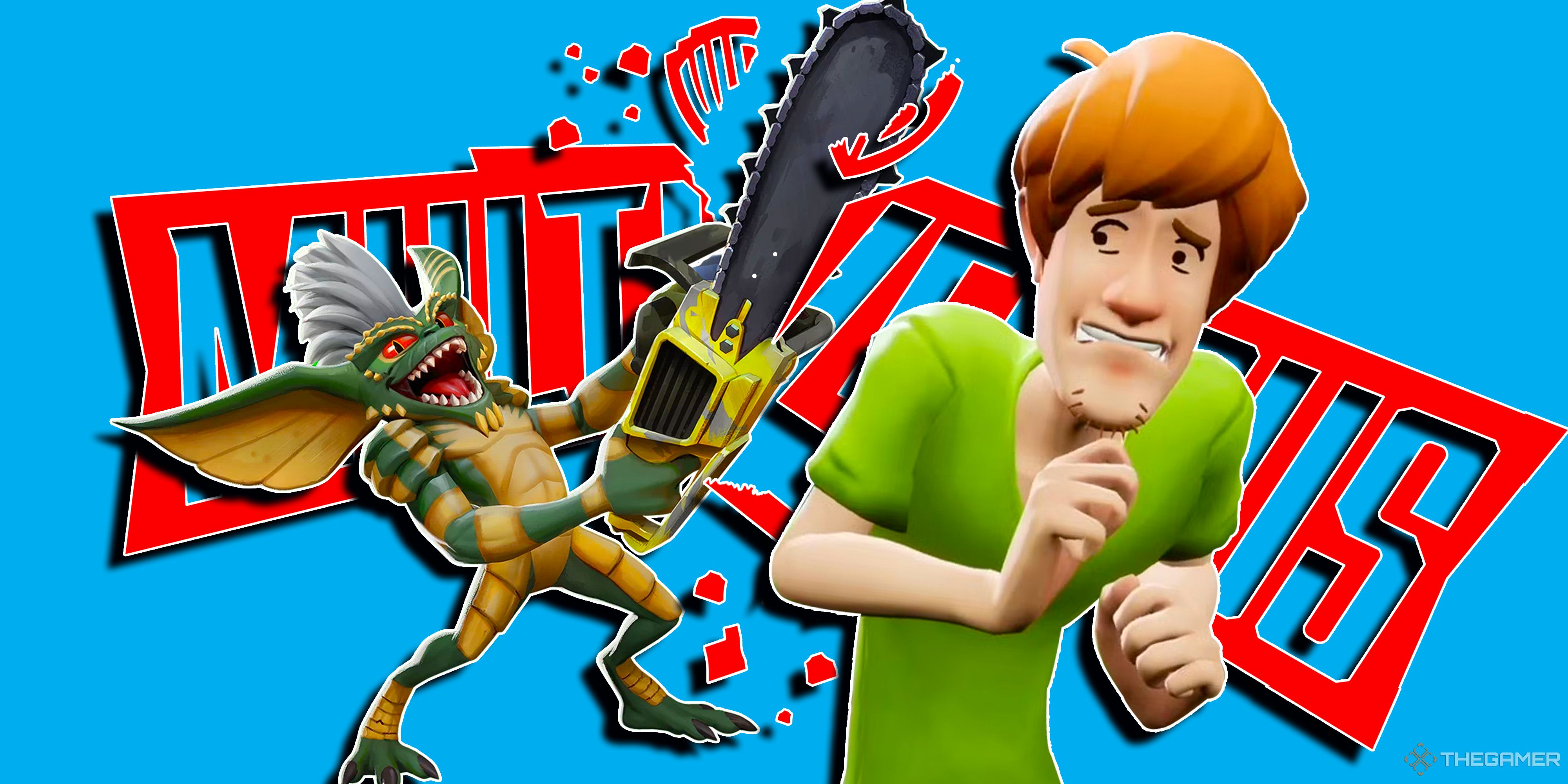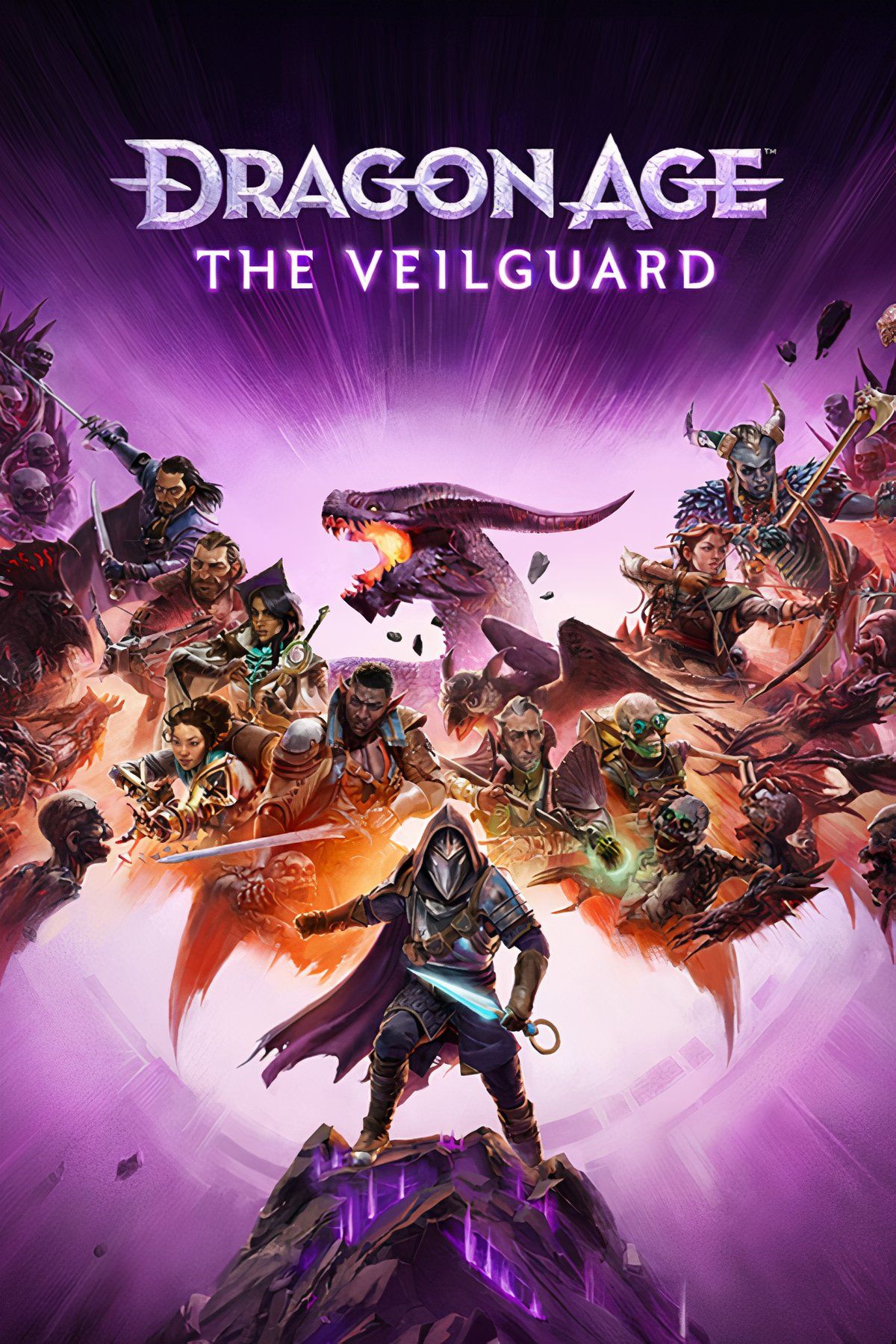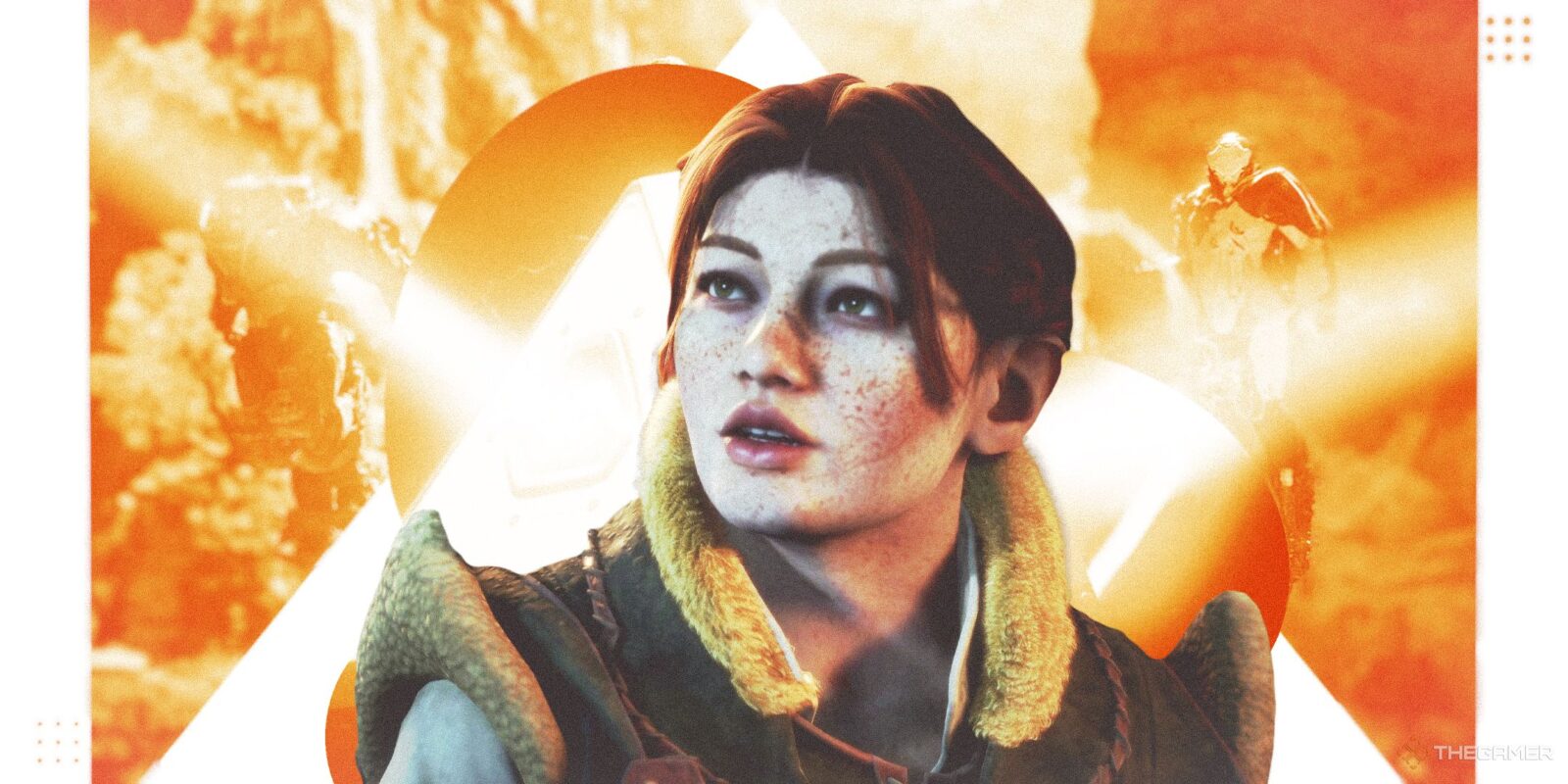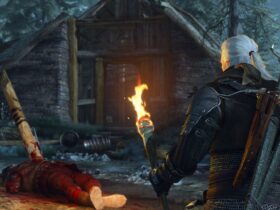Dragon Age: The Veilguard had a strong opening and plenty of hype around its launch, but failed to stick the landing. As EA reported last month, despite good reviews, The Veilguard reached 1.5 million players across all platforms, falling short of EA’s expectations by 50 percent. This led to a series of layoffs within BioWare, including key developers on both the Mass Effect and Dragon Age series, leaving the studio at half its size from two years prior.
EA Thinks The Veilguard Failed Because It Wasn’t Live Service
To hear EA CEO Andrew Wilson tell it, it’s because The Veilguard wasn’t a live service game. During a recent financial call, Wilson said, “In order to break beyond the core audience, games need to directly connect to the evolving demands of players who increasingly seek shared-world features and deeper engagement alongside high-quality narratives… it did not resonate with a broad-enough audience in this highly competitive market.”

Related
MultiVersus Could Never Escape Its Ick Factor
MultiVersus failed, ultimately, because it made itself too difficult to love.
Further emphasising the point, EA CFO Stuart Canfield commented, “Historically, blockbuster storytelling has been the primary way our industry has brought beloved IP to players. The game’s financial performance highlights the evolving industry landscape and reinforces the importance of our actions to reallocate toward our most significant and highest potential opportunities.” Wilson also noted that 74 percent of EA’s revenue is from live service games, which indicates that the company believes that live service games are the most important in its portfolio.
I’m not sure how this squares with the underperformance of EA Sports FC 25, as that series is a de facto live service that also did poorly.
EA Is Very Wrong
This is completely divorced from what players will tell you was disappointing about The Veilguard. There’s a litany of complaints, all more accurate, that we could attribute its under-performance to: heavy-handed writing, the sidelining of religion, retconning its own lore, the removal of world states, a lack of room to roleplay, a total lack of moral gray areas… I could go on, we’ve complained about the game a lot on this website.
But perhaps most ironic is that a lot of people believe The Veilguard suffered because it was almost a live service game. Originally conceived as a multiplayer game, EA pivoted the series back to single-player (which BioWare is obviously more familiar with) after its previous live service project, Anthem, infamously failed and shut down. Many saw this as EA learning its lesson. It seems it hasn’t.
There are theories that The Veilguard originating as a live service game was part of the problem. The game was built on the “underlying foundations” of the scrapped live service, which might be why world states weren’t incorporated to any significant degree – it would be hard to make a multiplayer game work if everybody made different choices. It may also have compromised development because of the wasted resources.
It’s painfully clear that upper management at EA is completely out of touch with its players. I’ll be fair and say that it has managed to leverage its existing properties to squeeze as much money out of its audience as it can. And I understand why Wilson might stand by this belief and continue to say it to shareholders, as this is basically EA’s business strategy. If live service isn’t the way the industry is going, EA is going to be hit hard.

Related
I Wish I Cared More About MultiVersus Going Offline Again
MultiVersus was once my favourite live-service game, but its demise was simply inevitable.
But it really is quite silly to say that players are still hankering for live service games when we’ve seen them fail time and time again. Existing games like Overwatch 2 and EA’s own Apex Legends might still be going strong against the odds, but with a few exceptions like Helldivers 2 and Marvel Rivals, new live service games are fighting an uphill battle.
Dragon Age: The Veilguard did as well as it did because it had an enduring fan base and because it wasn’t mucking up the formula by being a live service game. After Anthem’s failure, absolutely nobody wanted to play another live service BioWare game, especially if it was the latest installment of a franchise that shaped conceptions of what a single-player RPG should look like. EA either doesn’t understand gamers or it’s willfully misrepresenting them to placate shareholders, and either way, it’s a bad look.

Dragon Age: The Veilguard is the long-awaited fourth game in the fantasy RPG series from BioWare formerly known as Dragon Age: Dreadwolf. A direct sequel to Inquisition, it focuses on red lyrium and Solas, the aforementioned Dread Wolf.











Leave a Reply